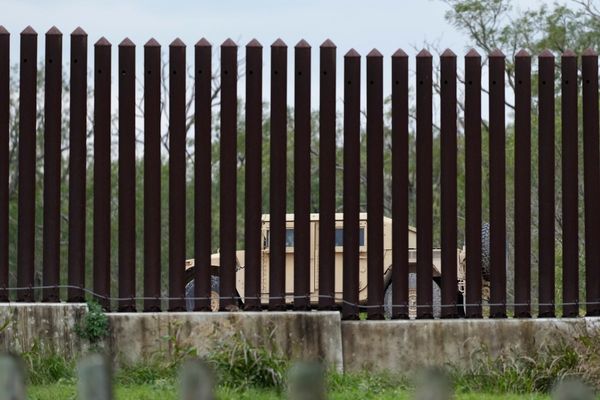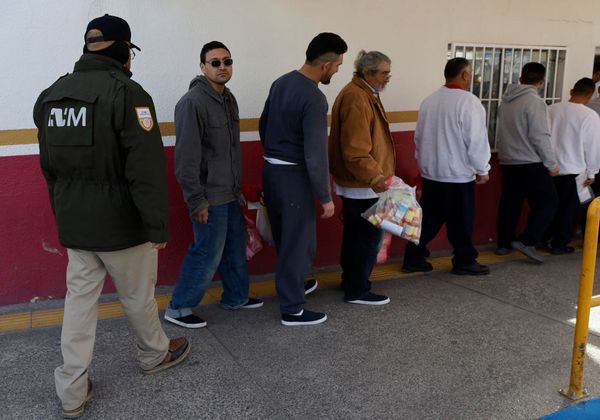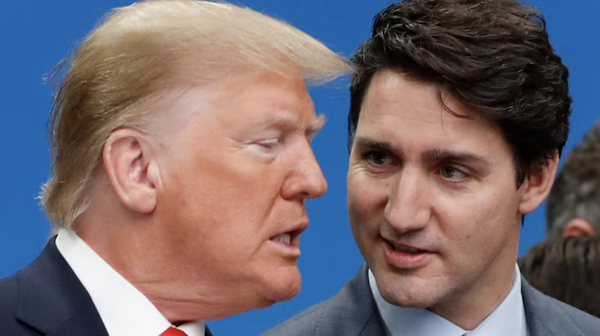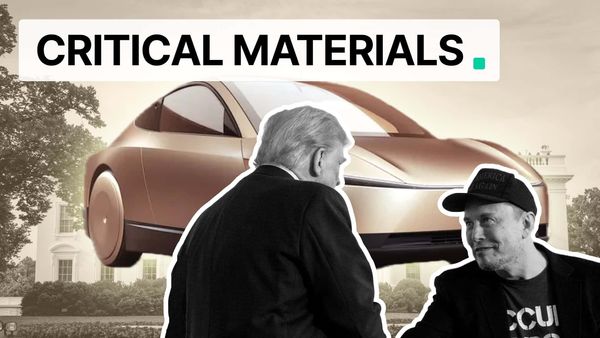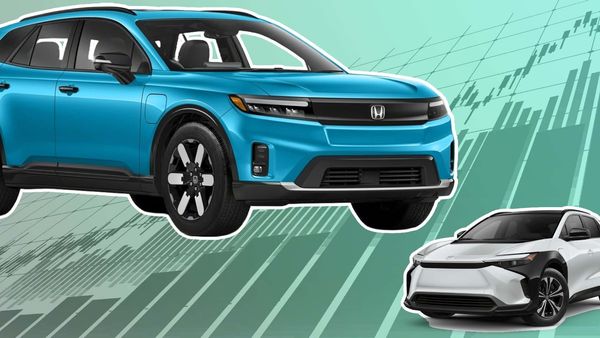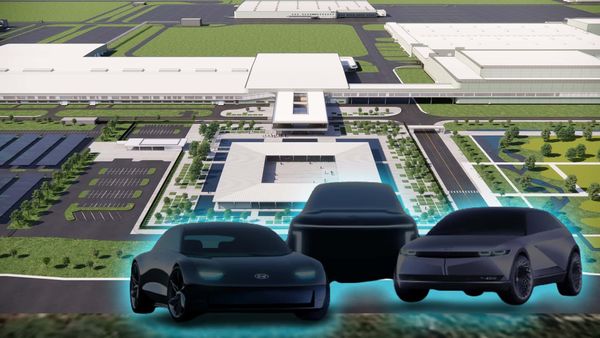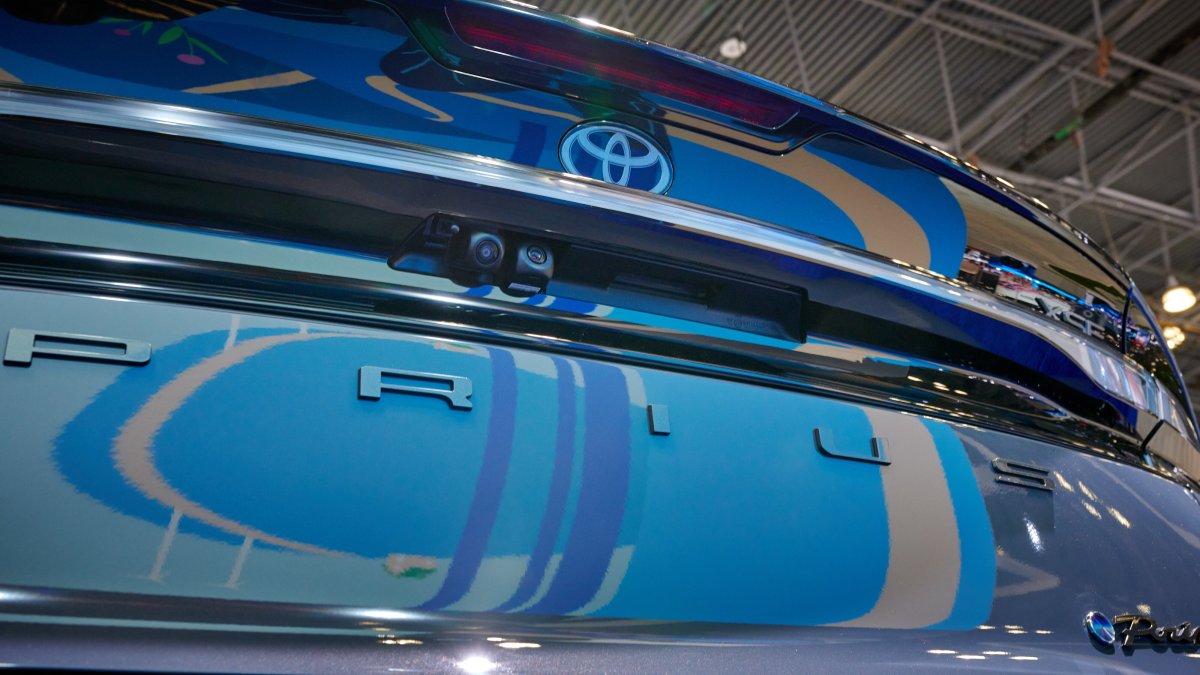
Back in June, Virginia's Republican governor Glenn Youngkin, announced he would reverse a policy set by his predecessor, Democrat Ralph Northam, during his respective term: the state's adoption of emissions standards set by the California Air Resources Board (CARB).
California's emission standards are controversial not only because they were written for the Golden state, but also because they would dictate a requirement for electric car sales in states that implement them. Under a ruleset called Advanced Clean Cars II that would take effect in 2025, 35% of new car sales in any state with CARB standards must be electric in model year 2026, with the goal of 100% in 2035.
💰💸 Don’t miss the move: SIGN UP for TheStreet’s FREE Daily newsletter 💰💸
Although 12 states, including New York, New Jersey, and Massachusetts, have also adopted California's rules, CARB's rules are notorious for being held to higher standards than the federal government's, which can conflict with the natural interests of those in power.
“The idea that government should tell people what kind of car they can or can’t purchase is fundamentally wrong," Youngkin said in a written statement back in June. "Virginians deserve the freedom to choose which vehicles best fit the needs of their families and businesses. The law is clear, and I am proud to announce Virginians will no longer be forced to live under this out-of-touch policy."
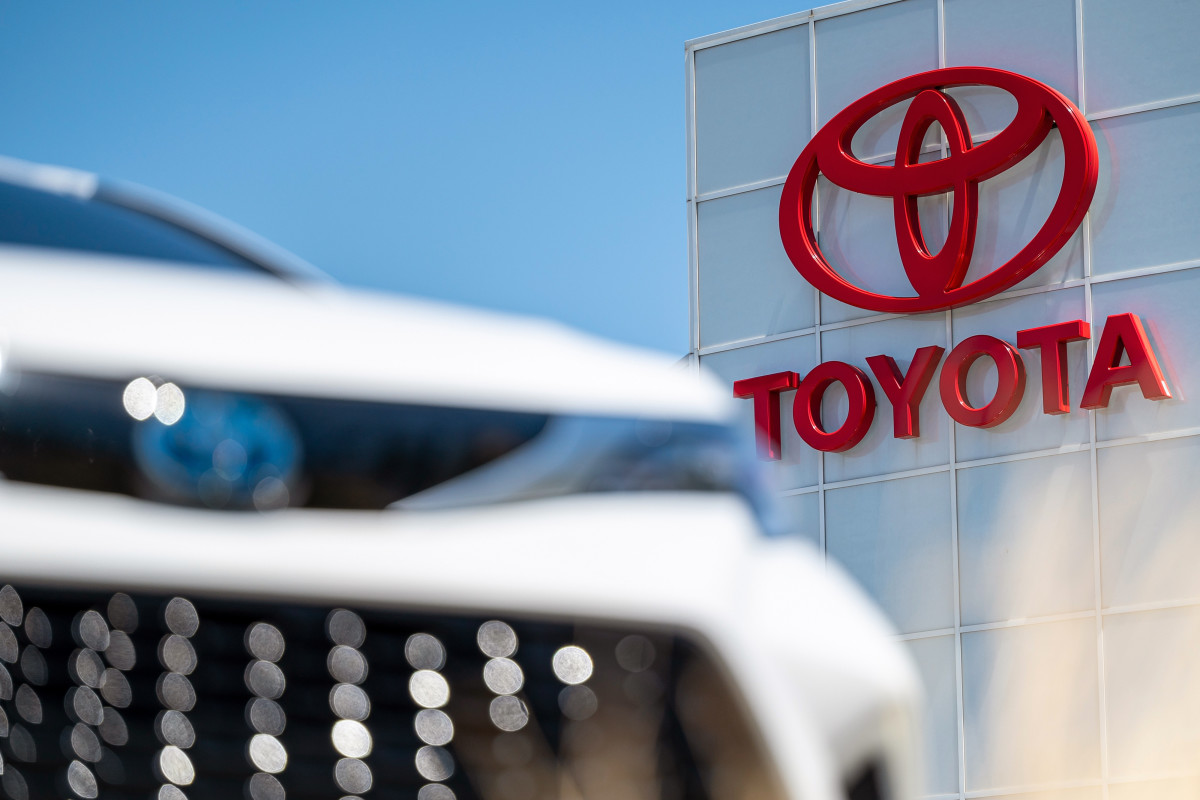
Toyota exec thinks CARB is out of touch with [actual] auto buyers
In a virtual roundtable with the press on November 8, Toyota Motor North America (TMNA) (TM) chief operating officer Jack Hollis expressed that the EV mandates that are due to take effect in 2025 are “impossible” for automakers like Toyota to meet.
He stressed that if change or reform does not come to amend CARB's regulations, customers in CARB-adopting states like New York and Minnesota will face space choices of cars customers don't want at their showrooms.
“I have not seen a forecast by anyone … government or private, anywhere that has told us that that number is achievable. At this point, it looks impossible,” he said. “Demand isn’t there. It’s going to limit a customer’s choice of the vehicles they want.”
The Toyota exec stressed that if the mandates go forward unchanged, it will lead to automakers committing "unnatural acts," where automakers disproportionately provide more "compliance" cars like EVs, plug-ins and fuel-cell vehicles to CARB-friendly states; effectively thwarting buyers' choices at dealerships there.
“It’s going to distort the industry. It’s going to distort the business. Why? Because it’s unnatural to what the current demand in the marketplace is,” Hollis said.
Hollis isn't the only Toyota exec raising alarm bells
Hollis's comments are indicative of Toyota's general attitude toward EVs. Despite being the leader in battery-electric hybrids with iconic models like the Prius and recently offering best-selling models like the Camry solely as hybrids, these moves reflect Toyota Chairman Akio Toyoda's vision of 'powertrain diversity,' where customers can still own gas-powered cars.
In January 2024, Toyoda shared a controversial opinion on EVs, stressing that battery-electric vehicles like those sold by Tesla require their own infrastructure to ensure seamless use.
"No matter how much progress BEVs make, I think they will still only have a 30 % market share," said Toyoda. "Then, the remaining 70% will be HEVs, FCEVs, and hydrogen engines. And I think engine cars will definitely remain."
"I think this is something that customers and the market will decide, not regulatory values or political power."
Additionally, Toyota executives have justified their intent to make hybrids rather than pure EVs by using something they call the 1:6:90 rule.
According to Toyota, the raw materials needed for the battery in just one EV designed for 300+ miles of range could be used to make six plug-in hybrid batteries or 90 batteries for hybrid-electric vehicles like the Prius.
More Business of EVs:
- Cheap EVs flood Paris Motor Show. Will Americans ever see them?
- Elon Musk is sending mixed messages about Tesla’s only lifesaver
- Mercedes' new factory is the answer to a very common EV criticism
The EV political landscape is about to get much tougher
Toyota is far from the only automotive body that has criticized the California Air Resources Board's "EV mandate."
On August 7, the Specialty Equipment Market Association & Performance Racing, Inc. (better known as SEMA) filed an amicus brief with the U.S. Supreme Court in connection with the case of Diamond Alternative Energy, LLC v. Environmental Protection Agency (EPA), which seeks to look into the lawfulness of the EPA's decision to allow the state of California "to limit the sale of internal combustion engine (ICE) vehicles."
SEMA, which represents more than 7,000 members in the "specialty equipment" aftermarket automotive parts industry, feels that California's mandate will "kill, rather than foster, an innovation that can help produce cleaner, safer automobiles" and that it will severely damage the prospects of the aftermarket auto parts industry, which is claims, makes "immeasurable contributions to the nation from an innovation and cultural standpoint."
Though he expressed his doubts about CARB's EV rules affecting certain pockets of the country, Hollis believes that something can be done on a blanket federal level rather than leaving such regulations to the states.
“We would always want a 50-state rule, because that way we can treat all customers, all dealers, equally, fairly, whatever that might be,” Hollis said. “Our hope would be is that California and [the EPA] would match up, and it would be reduced down to something that is achievable. Even if it’s a push, even if it’s a reach, but at this point, it’s an impossible stage.”
Related: Gavin Newsom's 'EV mandate' is under U.S. Supreme Court threat
But given the political landscape, there is a strong chance that Hollis's "rational" idea may not come to fruition.
In a recent interview with the Detroit Free Press, U.S. Senator-elect Bernie Moreno (R-OH), said that he and President-elect Trump share the same sentiment for reforming the American auto industry, which includes prohibiting California and CARB from enacting its own emission standards, freezing fuel-economy standards "for at least a decade" and repealing the emission standards behind the so-called "EV mandates." Moreno is the first auto dealer to be elected to the Senate.
Additionally, Moreno lambasted Detroit's Big Three, and then praised Toyota for not riding with the Biden-Harris administration's push for EVs.
“The problem with GM, Ford and Stellantis is that they made the decision to pacify the Biden-Harris administration and not call them out for the ridiculousness of their electric vehicle policies," Moreno said. "Toyota, in listening to their car dealers, they planned to have the cars that consumers wanted. So the big winner now is Toyota because they don’t have to pivot."
Toyota Motor, which trades on the New York Stock exchange as TM, is up 1.2% from the opening bell, trading at $174.05 per share as of writing.
Related: Veteran fund manager sees world of pain coming for stocks
